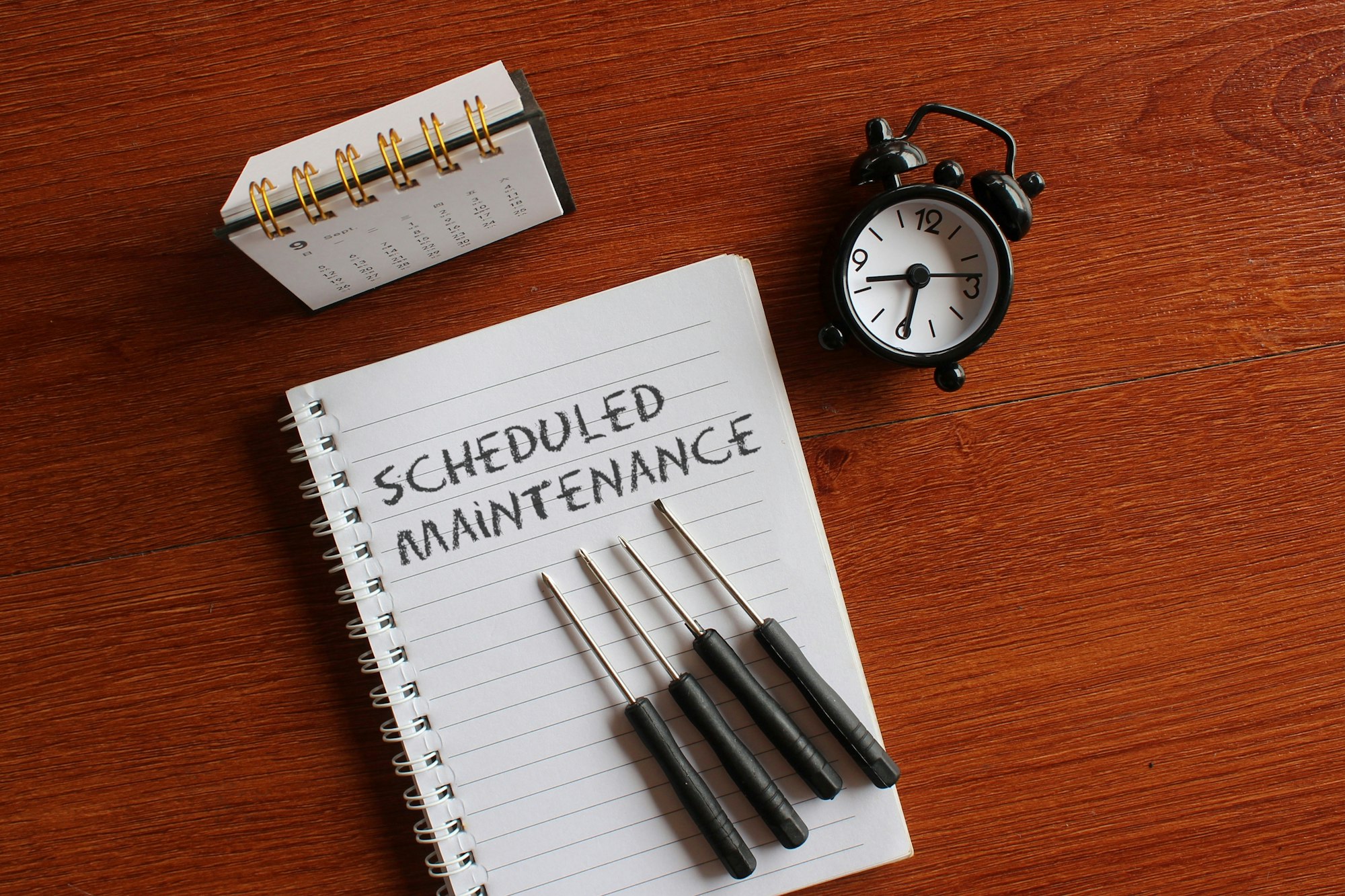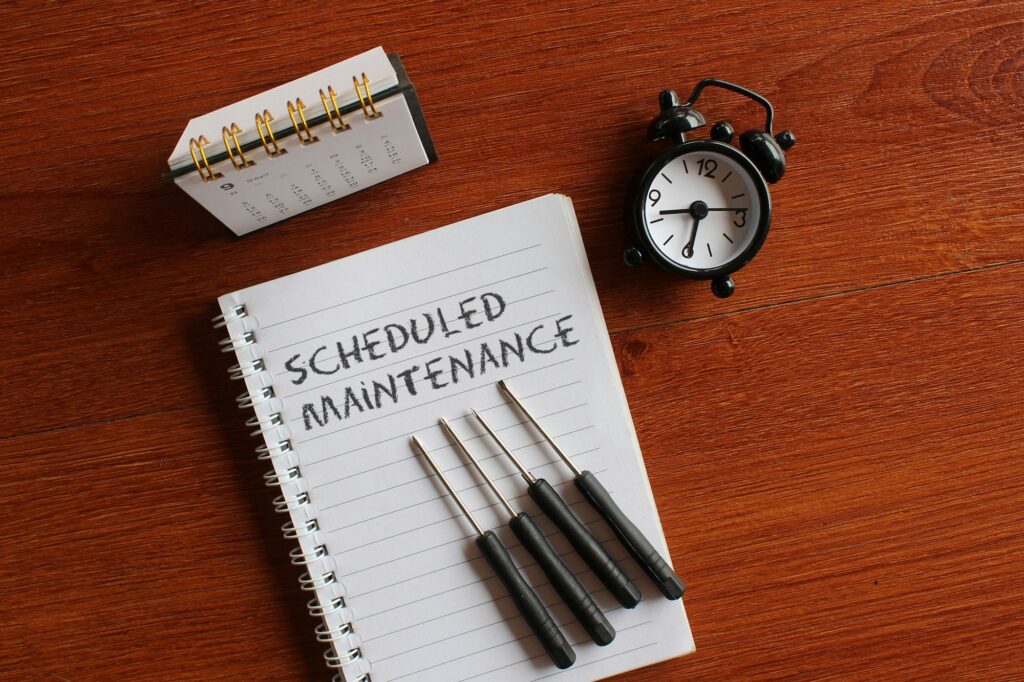The Importance of Preventive Maintenance: Ensuring Longevity and Efficiency


In the hustle and bustle of daily operations, it’s easy to overlook the importance of preventive maintenance. However, this crucial practice can make a significant difference in the longevity and efficiency of equipment, machinery, and systems across various industries. Let’s delve into why preventive maintenance is essential and how it benefits businesses and individuals alike.
1. Cost Savings
One of the most compelling reasons for implementing preventive maintenance is the substantial cost savings it offers. Regular maintenance helps identify and fix minor issues before they escalate into major problems. This proactive approach reduces the likelihood of unexpected breakdowns, which can lead to costly emergency repairs and significant downtime. By investing in routine checks and minor repairs, businesses can avoid the financial strain of major overhauls or replacements.
2. Increased Equipment Lifespan
Equipment and machinery are significant investments for any business. Preventive maintenance ensures that these assets are kept in optimal condition, thereby extending their operational lifespan. Regular servicing and timely interventions prevent wear and tear, ensuring that equipment performs efficiently for a longer period. This not only maximizes the return on investment but also reduces the need for frequent replacements.
3. Enhanced Safety
Safety is a paramount concern in any workplace. Malfunctioning equipment can pose serious hazards to employees, leading to accidents and injuries. Preventive maintenance ensures that all machinery and systems are functioning correctly and safely. By addressing potential risks before they become critical, businesses can create a safer working environment, thereby protecting their most valuable asset – their employees.
4. Improved Operational Efficiency
Efficiency is key to productivity. Well-maintained equipment operates at peak performance, ensuring that operations run smoothly and without interruptions. Preventive maintenance helps in avoiding unexpected downtime, thus maintaining a consistent workflow. This reliability translates into better productivity and, ultimately, higher customer satisfaction due to timely and consistent service delivery.
5. Compliance with Regulations
Many industries are subject to strict regulations regarding equipment maintenance and safety standards. Non-compliance can result in hefty fines and legal issues. Preventive maintenance ensures that all equipment meets the required standards and regulations, helping businesses stay compliant and avoid legal complications.
6. Data-Driven Insights
Modern preventive maintenance often involves the use of advanced monitoring tools and software that collect data on equipment performance. This data provides valuable insights into usage patterns, potential issues, and maintenance needs. By analyzing this data, businesses can make informed decisions, optimize maintenance schedules, and further enhance operational efficiency.
Conclusion
Preventive maintenance is not just a best practice; it’s a necessity for any business that relies on equipment and machinery. The benefits are multifaceted, encompassing cost savings, safety, efficiency, and compliance. By prioritizing preventive maintenance, businesses can ensure smooth operations, protect their investments, and foster a safe and productive work environment. Investing in preventive maintenance today is a strategic move that pays off in the long run, securing the future of both the equipment and the enterprise.




